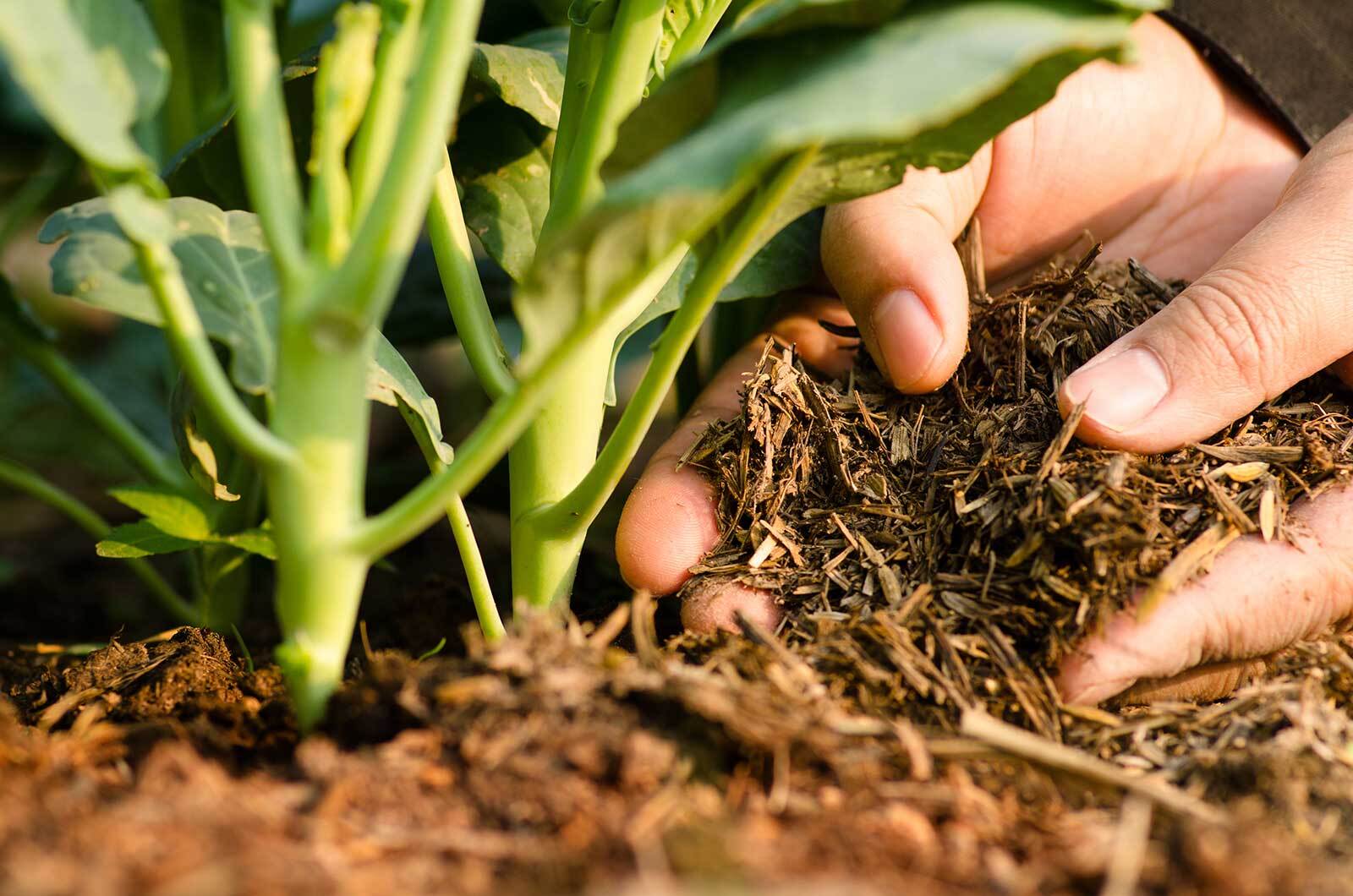
Sustainable farming practices are essential for maintaining the health of our planet while ensuring food security for future generations. But what exactly makes farming sustainable? Sustainable farming focuses on methods that protect the environment, public health, human communities, and animal welfare. These practices include crop rotation, organic farming, agroforestry, and integrated pest management. By using these methods, farmers can reduce their reliance on chemical fertilizers and pesticides, conserve water, and promote biodiversity. Sustainable agriculture not only benefits the environment but also supports local economies and provides healthier food options. Ready to learn more? Here are 26 fascinating facts about sustainable farming practices that highlight their importance and impact.
Key Takeaways:
- Sustainable farming aims to produce food while protecting the environment and supporting farmers. It reduces chemical use, promotes biodiversity, and improves soil health.
- Despite challenges, the future of sustainable farming looks bright. Innovations, consumer demand, and support from governments and organizations are driving its growth.
What is Sustainable Farming?
Sustainable farming focuses on producing food in a way that maintains the health of the environment, supports farmers, and benefits communities. This approach aims to meet current food needs without compromising future generations' ability to do the same.
- Sustainable farming reduces the use of chemical pesticides and fertilizers, which can harm soil and water quality.
- Crop rotation is a common practice that helps maintain soil fertility and reduces pest and disease outbreaks.
- Organic farming is a subset of sustainable farming that avoids synthetic chemicals and genetically modified organisms (GMOs).
- Agroforestry integrates trees and shrubs into crop and livestock systems, enhancing biodiversity and soil health.
- Cover cropping involves planting specific crops to protect and enrich the soil during off-seasons.
Benefits of Sustainable Farming
Sustainable farming offers numerous benefits beyond just producing food. It supports the environment, farmers, and communities in various ways.
- It helps conserve water by using efficient irrigation systems and drought-resistant crops.
- Biodiversity is promoted through diverse planting and natural pest control methods.
- Soil health is improved with practices like composting and reduced tillage.
- Farmers can achieve better long-term economic stability by reducing dependency on expensive chemical inputs.
- Communities benefit from local food systems that reduce the carbon footprint associated with transporting food long distances.
Techniques in Sustainable Farming
Various techniques are employed in sustainable farming to achieve its goals. These methods are designed to be environmentally friendly and economically viable.
- Permaculture designs agricultural systems that mimic natural ecosystems.
- Integrated Pest Management (IPM) uses a combination of biological, cultural, and mechanical methods to control pests.
- No-till farming reduces soil erosion and improves water retention by leaving the soil undisturbed.
- Polyculture involves growing multiple crop species in the same space, which can enhance resilience to pests and diseases.
- Aquaponics combines fish farming with hydroponics, creating a closed-loop system that recycles nutrients.
Challenges in Sustainable Farming
Despite its benefits, sustainable farming faces several challenges that need to be addressed to make it more widespread.
- Initial costs for sustainable farming practices can be higher than conventional methods.
- Farmers may need to acquire new knowledge and skills to implement sustainable techniques effectively.
- Market access for sustainably produced goods can be limited, affecting profitability.
- Climate change poses a significant threat to sustainable farming by altering growing conditions and increasing the frequency of extreme weather events.
- Policy support and incentives are often lacking, making it difficult for farmers to transition to sustainable practices.
Future of Sustainable Farming
The future of sustainable farming looks promising as more people recognize its importance. Innovations and policy changes are paving the way for broader adoption.
- Advances in technology, such as precision agriculture, are making sustainable farming more efficient and accessible.
- Consumer demand for sustainably produced food is increasing, encouraging more farmers to adopt these practices.
- Governments and organizations are starting to provide more support through grants, subsidies, and educational programs.
- Research continues to develop new sustainable farming techniques and improve existing ones.
- Collaboration between farmers, scientists, and policymakers is essential for creating a sustainable food system.
Real-World Examples of Sustainable Farming
Several real-world examples showcase the success and potential of sustainable farming practices.
- The Rodale Institute in Pennsylvania has been a pioneer in organic farming research and education since 1947.
The Future of Sustainable Farming
Sustainable farming practices are more than just a trend; they're essential for our planet's future. By using methods like crop rotation, organic farming, and agroforestry, farmers can reduce environmental impact while boosting productivity. These practices help conserve water, improve soil health, and reduce greenhouse gas emissions.
Consumers play a crucial role too. Supporting local and organic farms encourages more sustainable practices. Every purchase is a vote for a healthier planet.
Governments and organizations must also step up, providing incentives and support for farmers transitioning to sustainable methods. Education and research are key to developing new techniques and improving existing ones.
Sustainable farming isn't just about today; it's about ensuring future generations have access to nutritious food and a healthy environment. Let's all do our part to support and promote these vital practices.
Frequently Asked Questions
Was this page helpful?
Our commitment to delivering trustworthy and engaging content is at the heart of what we do. Each fact on our site is contributed by real users like you, bringing a wealth of diverse insights and information. To ensure the highest standards of accuracy and reliability, our dedicated editors meticulously review each submission. This process guarantees that the facts we share are not only fascinating but also credible. Trust in our commitment to quality and authenticity as you explore and learn with us.


